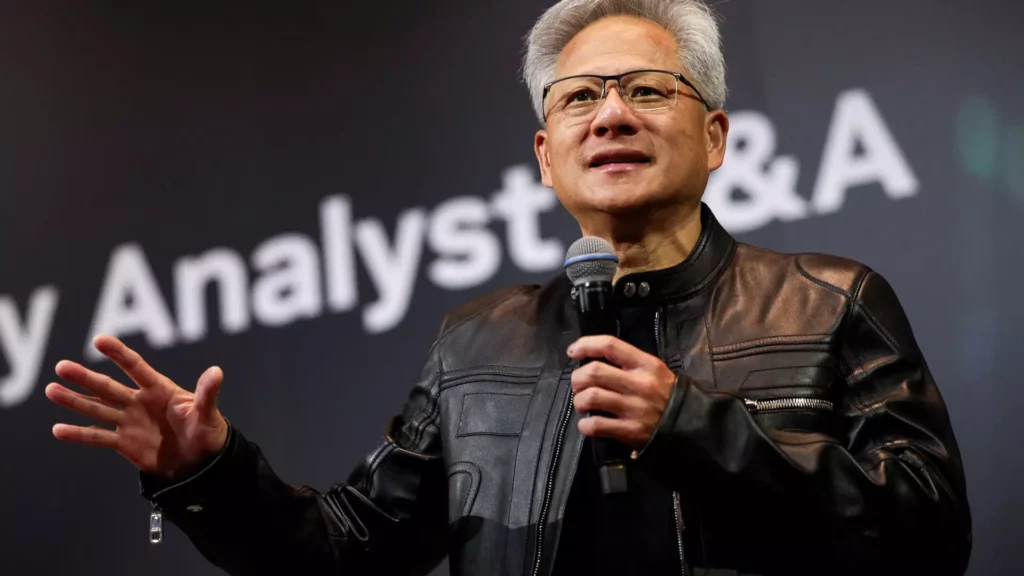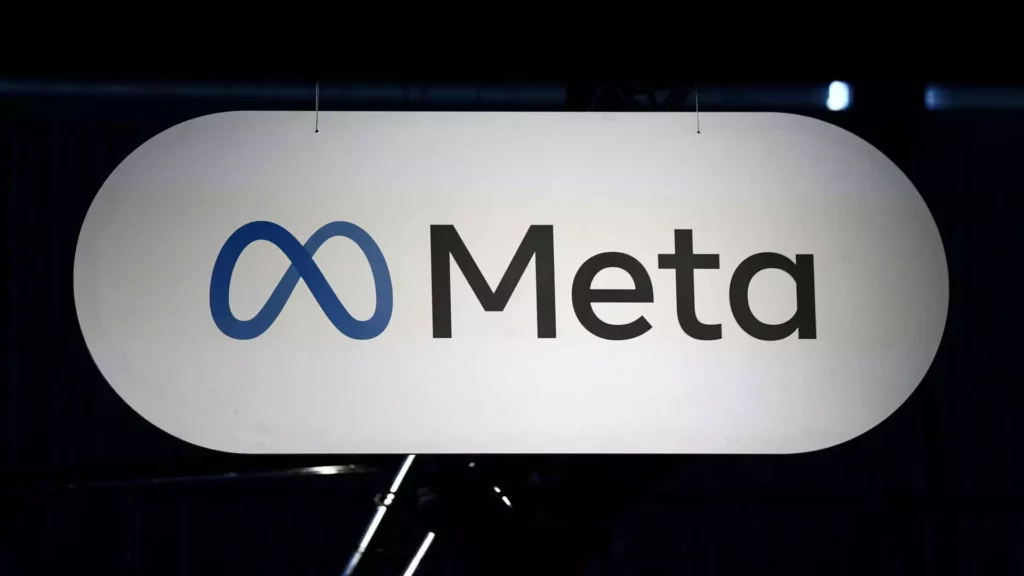Artificial intelligence is undeniably reshaping the terrain of game development, but what 11 Bit Studios’ experience with The Alters clearly illustrates is that AI’s incorporation into creative workflows is fraught with complexities beyond just technical capability. Their admission of limited AI usage—primarily for translation and placeholder assets—may seem modest on the surface, yet the resulting controversy unveils how even well-intentioned adoption can backfire when transparency and quality safeguards fall short. This episode is emblematic of a larger tension between innovation and accountability, suggesting that despite AI’s allure as a productivity booster, developers cannot afford to sidestep rigorous editorial discipline or full disclosure.
Transparency: The Unyielding Non-Negotiable
The backlash against 11 Bit Studios was less about the scope of AI involvement and more about their delay in revealing it. In an industry where consumer trust is fragile and authenticity is a prized currency, withholding details on generative AI use—especially when platform policies demand upfront disclosure—feels like a breach of faith. This case reaffirms that embracing AI tools without clear communication is a disservice not only to gamers but to the developers themselves, who risk reputational damage that could have been mitigated with honesty from the outset. Transparency isn’t just a bureaucratic formality; it’s essential for setting expectations and maintaining a respectful dialogue with audiences who increasingly demand to know what they are paying for.
AI as an Aid, Not a Replacement: A Nuanced But Narrow Path
11 Bit Studios was careful to stress AI’s role as a supporting player rather than the lead architect behind The Alters. This is a distinction worth championing. The center-right liberal viewpoint appreciates innovation as a tool for enhancement and efficiency, but strongly upholds craftsmanship, accountability, and meritocracy. Reliance on AI-generated placeholders to meet tight deadlines for localization or asset creation is pragmatically understandable. However, the “internal oversight” that left AI-generated text in the final product reveals a systemic failure—one that cannot be pardoned as mere accident. Responsible stewardship means instituting processes that ensure AI remains a transparent assistant, not an unchecked shortcut. Neglecting this opens the door to quality erosion and consumer alienation.
Localization and the Perils of Expediency
One of the more revealing elements of this saga is how AI was employed for last-minute localization of parody movie licenses embedded within the game. Localization is no trivial task—it requires linguistic nuance, cultural sensitivity, and a deep understanding of regional contexts. Replacing professional agencies with AI-generated translations under deadline pressure is a questionable risk, and while understandable given business realities, it underscores a dangerous industry trend: sacrificing substance for speed. In a globalized market, players are discerning and intolerant of perfunctory efforts that diminish their experience. Abandoning quality localization to meet arbitrary timelines not only harms a game’s reception but ultimately devalues the brand’s long-term credibility.
Demanding Greater AI Accountability in Creative Industries
Looking beyond this individual case, the 11 Bit Studios controversy should serve as a clarion call for stronger ethical frameworks around AI in creative production. It’s naive to expect AI to be flawless or perfectly integrated on its first try. But it is absolutely within developer control to ensure human oversight, rigorous quality checks, and unequivocal transparency. The lesson here dovetails with a center-right ethos that prizes innovation tempered by responsibility and respect for tradition. AI can be a powerful catalyst to improve workflows and cut costs—but only if wielded judiciously, never at the expense of authenticity or consumer trust.
Balancing Innovation and Integrity: Where the Industry Must Go
Ultimately, The Alters incident exposes the broader dilemma inherent in artificial intelligence adoption: how to reconcile the promise of rapid progress with the indispensable values of craftsmanship and honesty. It’s a balancing act that demands maturity from developers and informed skepticism from consumers. AI should be viewed not as a magic bullet but as a nuanced tool that requires deliberate policies, clear limits, and above all, open conversation with the gaming public. The future of game development doesn’t lie in rejecting AI, nor blindly embracing it, but in cultivating a culture where technological innovation and traditional quality standards co-exist transparently and respectfully. Without this equilibrium, the industry risks alienating a loyal player base that values creativity as much as efficiency.









Leave a Reply